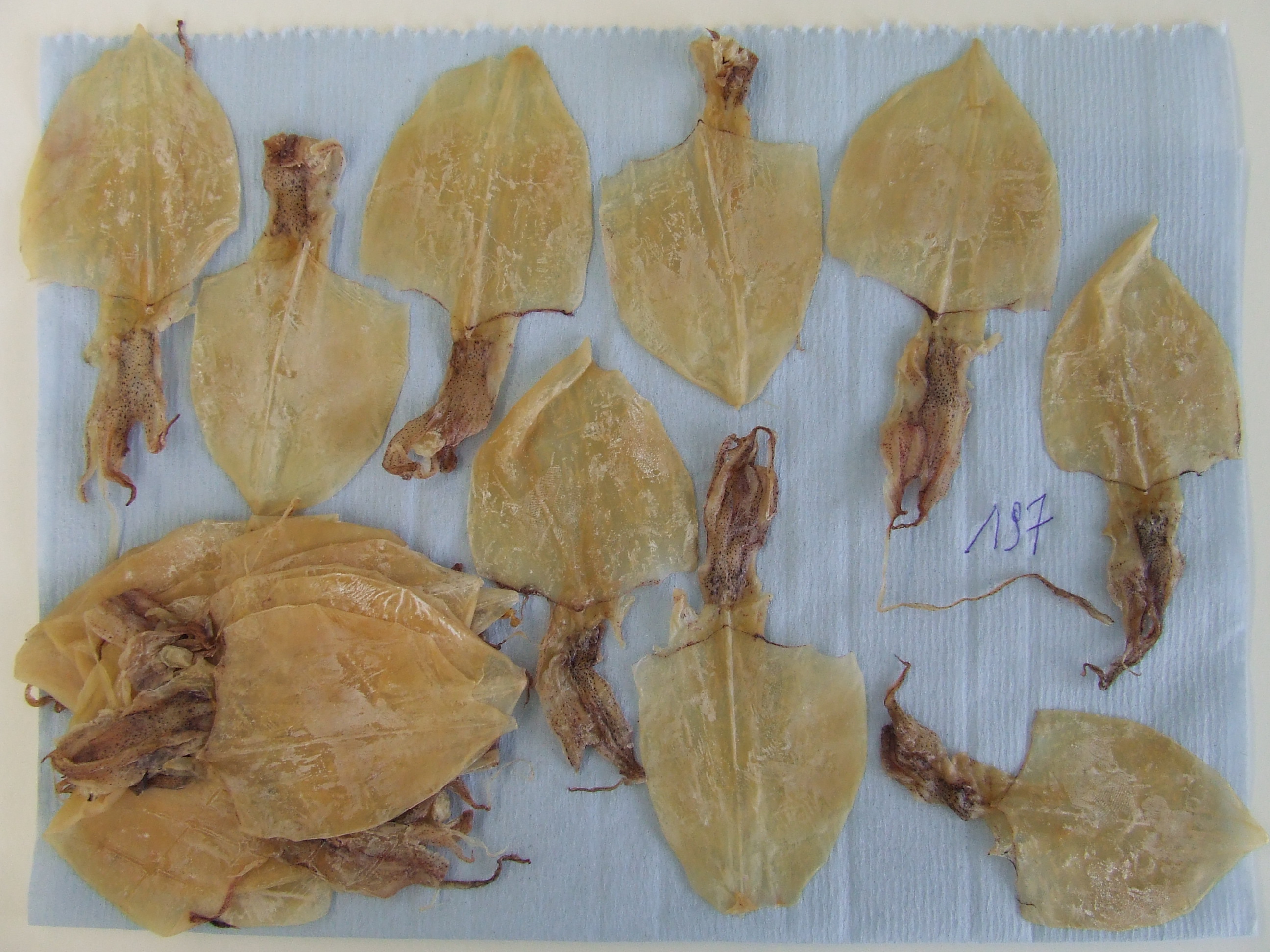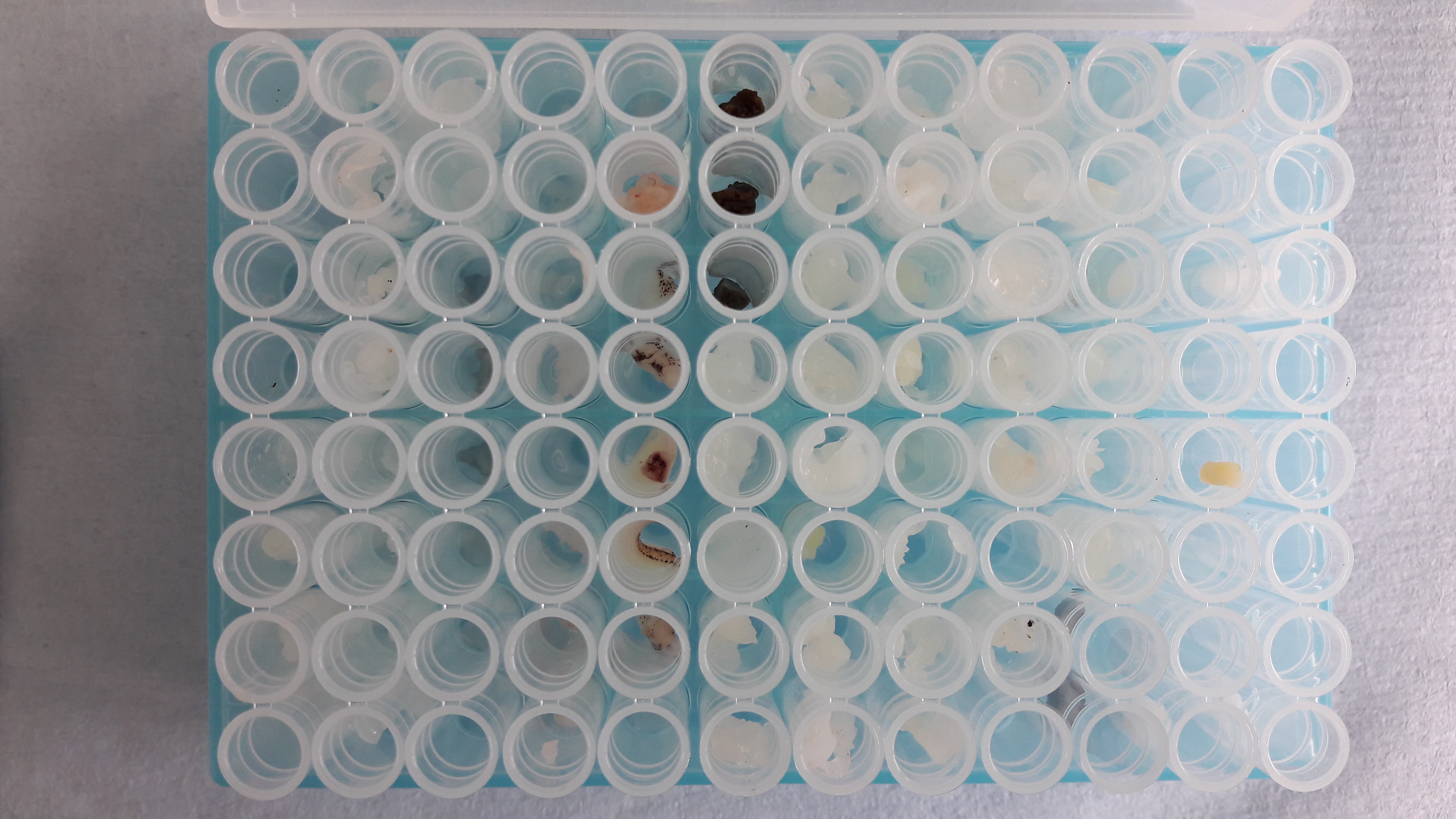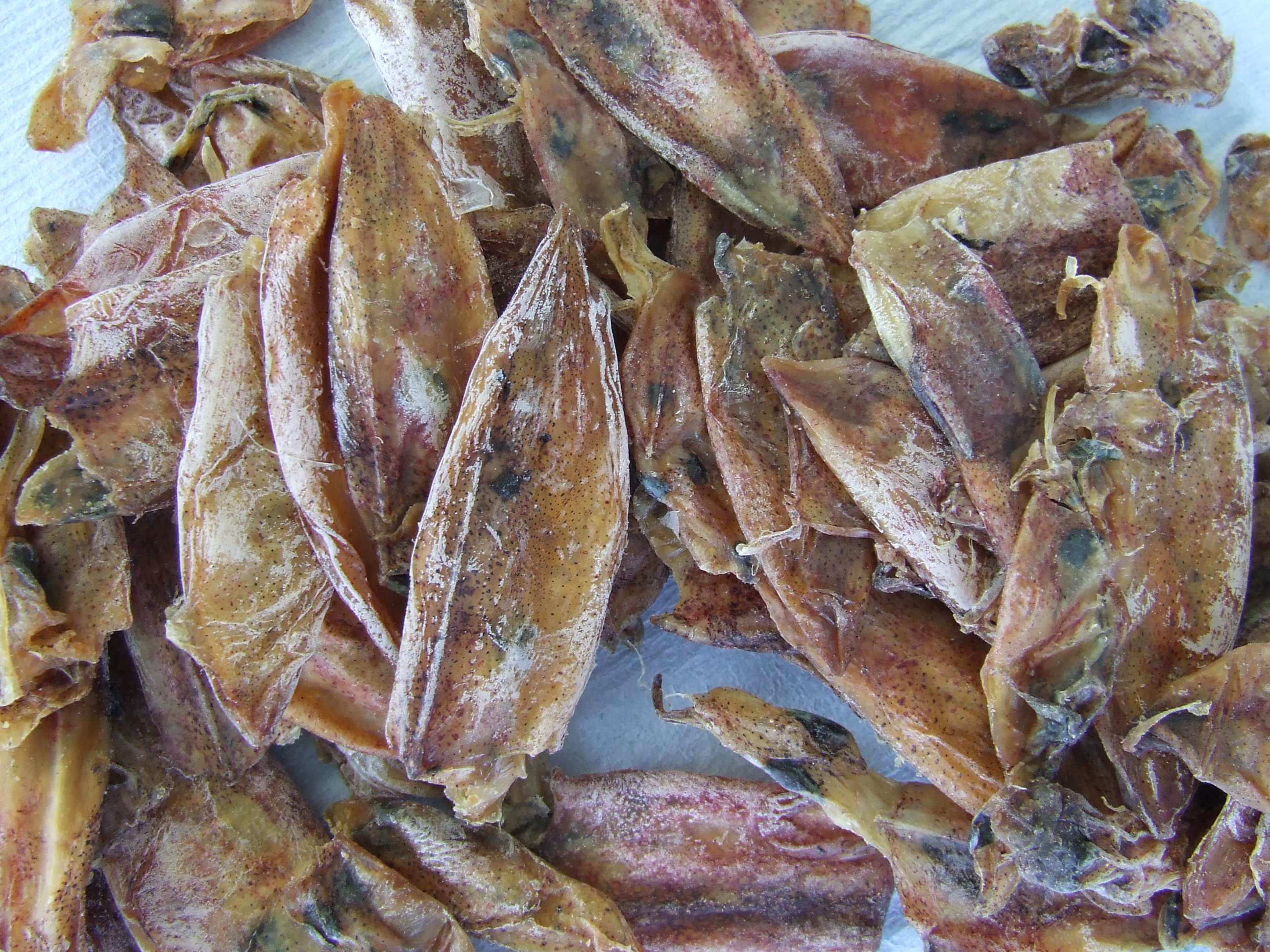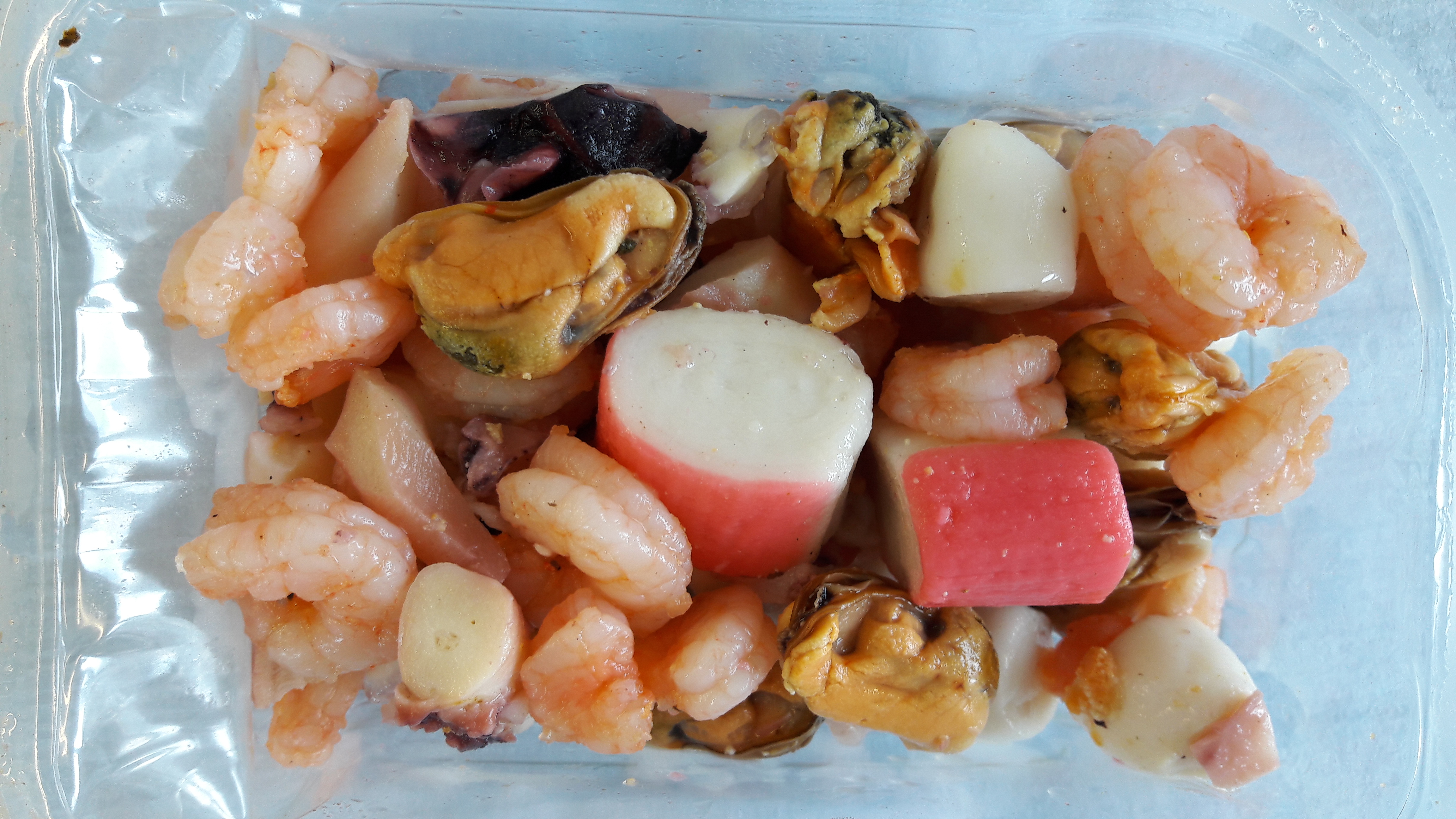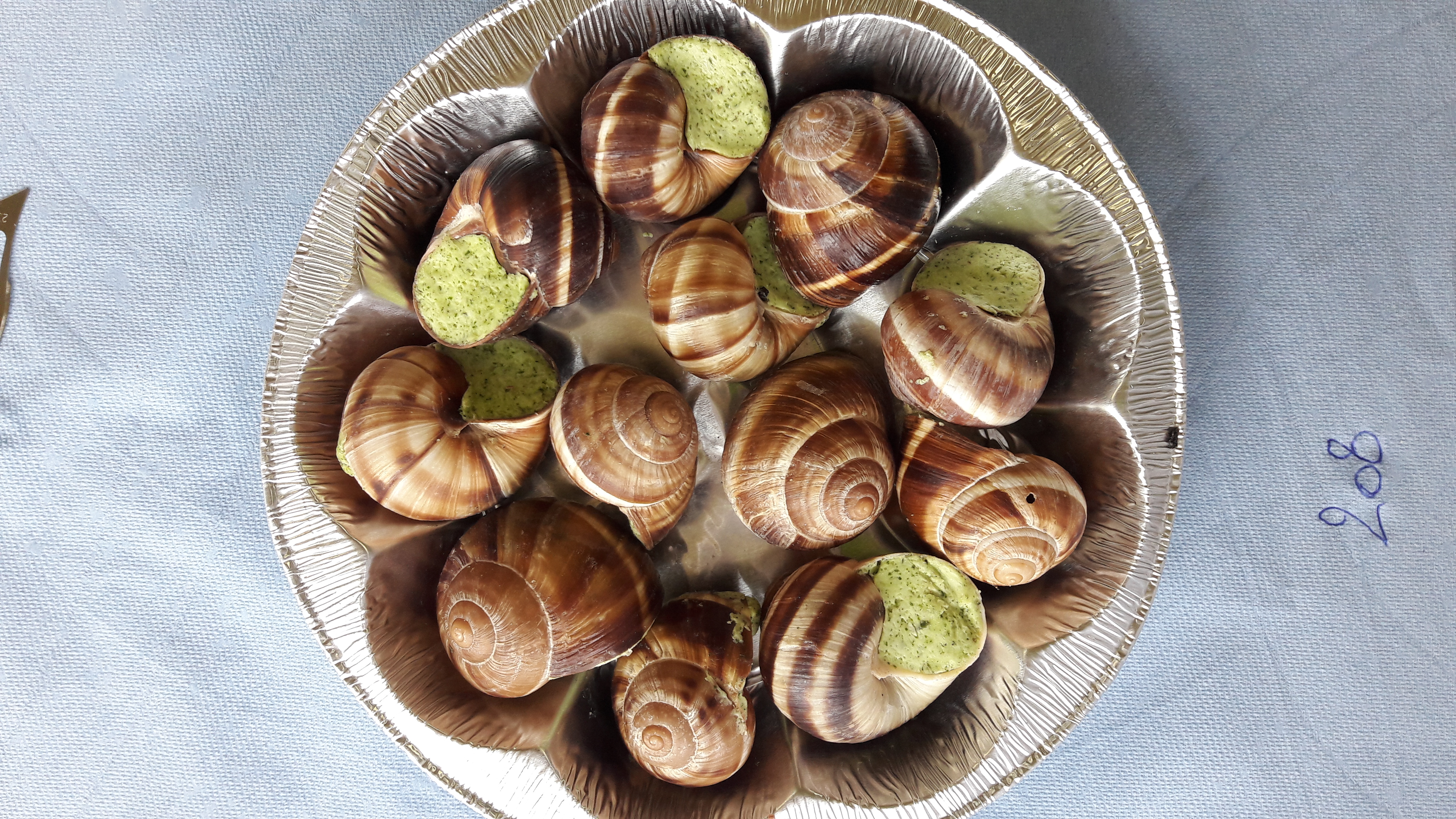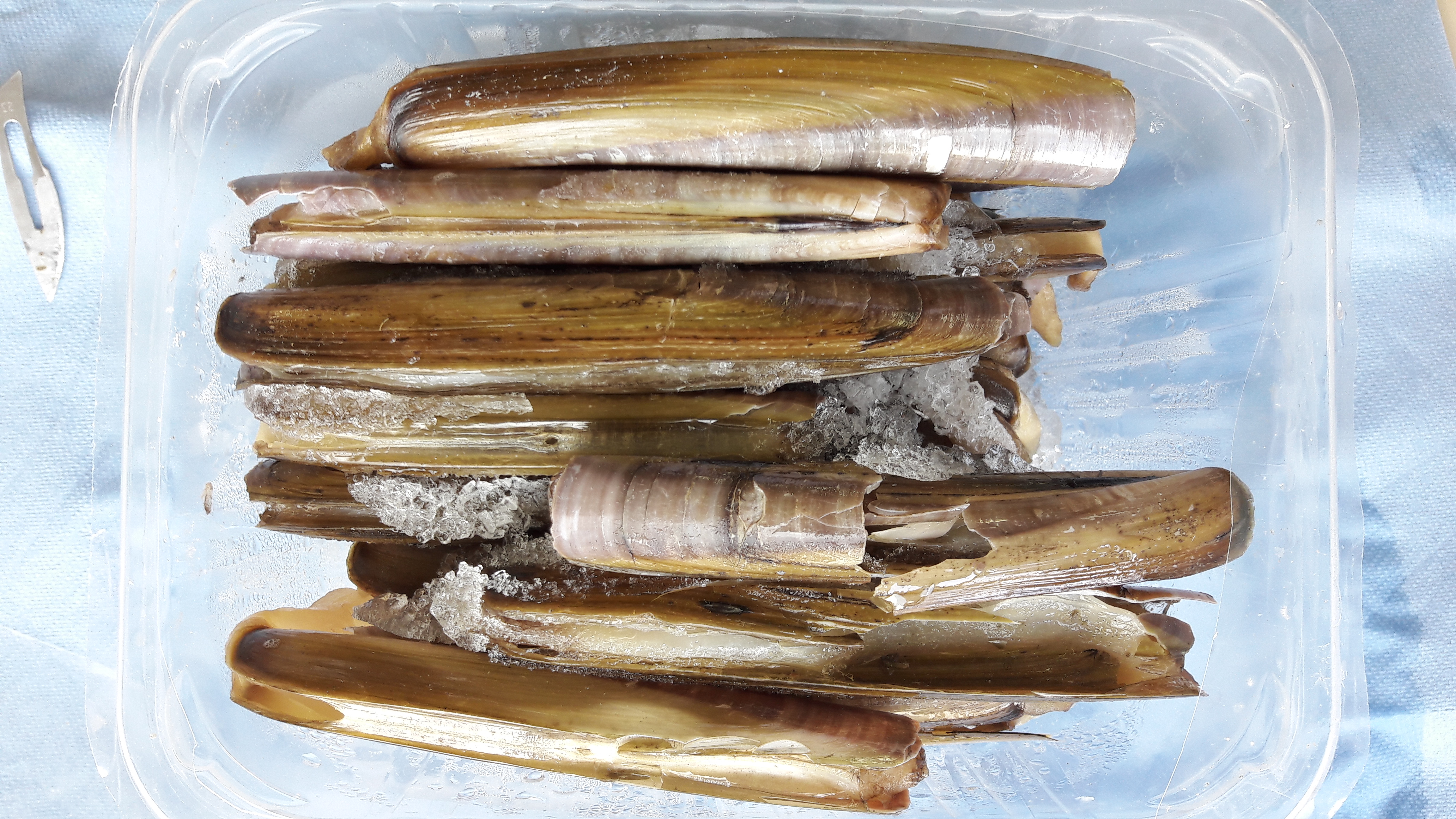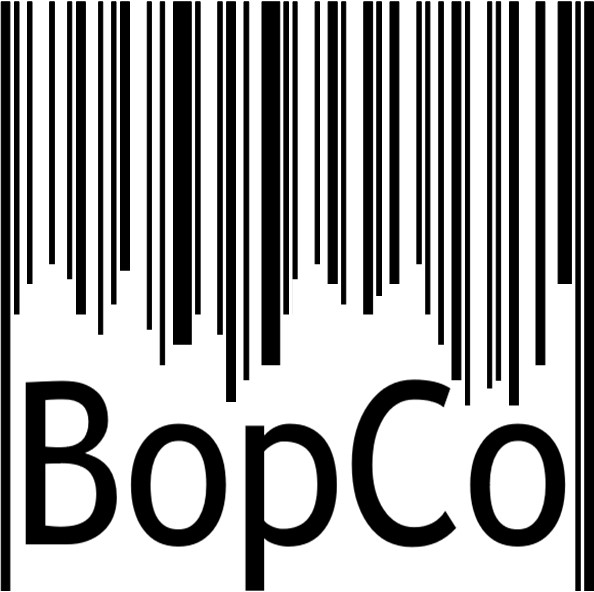Authenticating fish and seafood products for sale on the Belgian market
Policy concern: food traceability, public health, biodiversity conservation
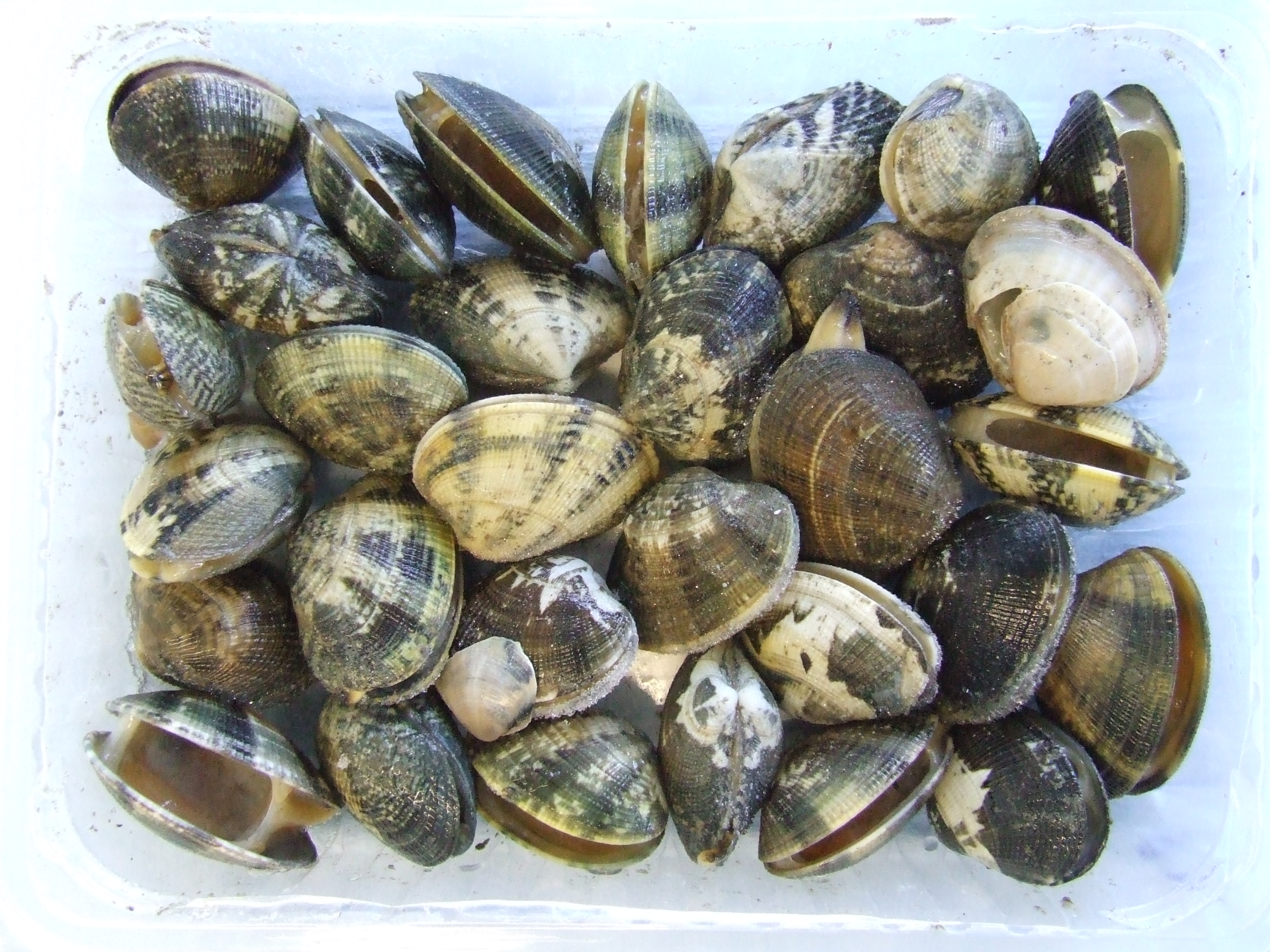
Due to the international importance of fish and seafood trade there is a large potential for (un)intentional misidentification and/or deliberate fraud through species substitution. Several studies worldwide indicate that this is common practice, especially for processed products which lack characterizing morphological features (e.g. fillets). These studies also seem to indicate that the scale as well as the product most prone to mislabeling differs by country.
BopCo therefore conducts an exploratory survey to identify those fish and seafood products most subjective to mislabeling in Belgium. Fish and seafood were sampled at various supermarkets and fishmongers, including a broad range of taxa and processing methods (e.g. fresh, frozen, smoked, pickled, cooked, fried). Preliminary identification results uncovered mislabeling of several samples, especially seafood.
Publications & presentations
- Gombeer, S., Breugelmans, K., Meganck, K., Smitz, N., Van Bourgonie,YR., De Meyer, M. & Backeljau, T. ‘Seafood on the Belgian market: do you get what you are paying for?’ 8th International Barcode of Life Conference, 17–20 June 2019. Trondheim, Norway.
- Gombeer, S., Meganck, K., Van Bourgonie, Y.R., Smitz, N., De Meyer, M. & Backeljau, T. ‘Authenticating fish and seafood products for sale on the Belgian market’. 7th International Barcode Of Life Conference, 20-24 November 2017, Kruger National Park, South Africa.
- Gombeer, S., Meganck, K., Van Bourgonie, Y.R., Smitz, N., De Meyer, M. & Backeljau, T. ‘Validating fish and seafood labelling using DNA barcoding’. 24th Congress of Zoology, 23-24 November 2017, Wageningen, The Netherlands.
